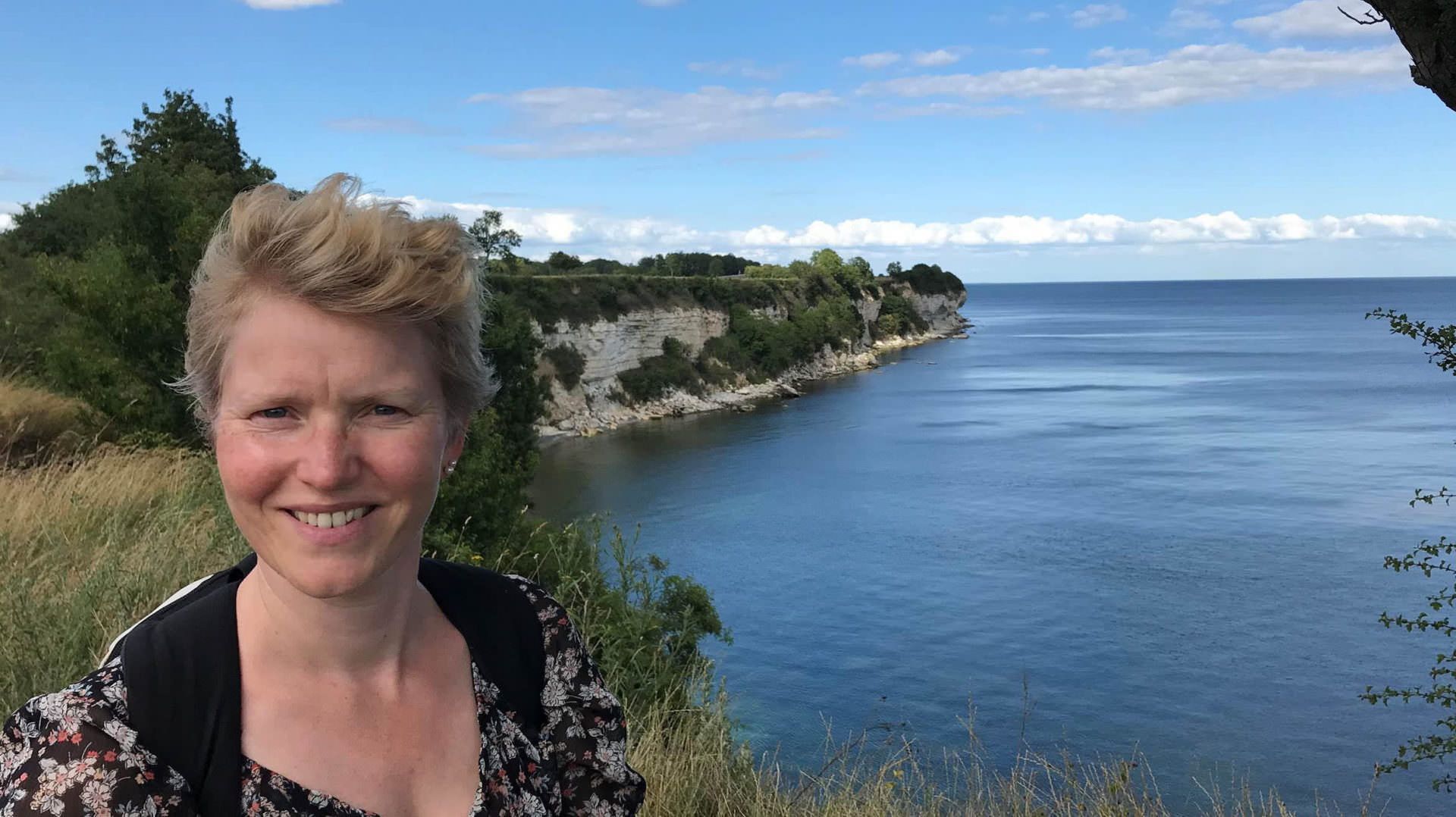Inside Inscripta: Laura Klitten, Commercial Operations EMEA Department/Group
Our employee profile series continues, this time with Laura Klitten, Scientific Liaison for the EMEA region. She earned her PhD in human/medical genetics at the University of Copenhagen. Denmark.
What’s your role at Inscripta?
My primary role is science communications, connecting researchers in Europe with scientists at our headquarters in Boulder, Colo., and making sure that any scientific communication is accurate and swift. I was the second person to be hired in Europe so I do many other things as well, such as helping management to get an office going here. I also work to build up the culture here in Europe so that we are tightly connected with the Inscripta organization in the U.S. even though we are many miles apart.
What brought you to the company?
It was mainly the people. When I first heard about Inscripta, I thought they had an amazing bunch of people who have done some really great stuff. These were people I could learn a lot from, and I felt honored to be asked to join the company. The technology is also impressive; we can do transformative things with it.
How did you get into the genome editing field?
I came from work involving DNA and RNA sequencing, gene expression, noncoding RNAs, and microRNAs. Being at Inscripta is my first experience with genome editing. The team is tremendously supportive.
How will the shift from reading genomes to writing them make a difference?
My PhD studies focused on disease studies of epilepsy, which is really complex. Now we actually have the ability to investigate all the different SNPs and variants and rare mutations. This is an amazing tool that can be used for clinical research. But writing genomes is not just about understanding disease-causing mutations; the technology will also help open up this whole bioeconomy.
If you could use genome engineering to address any challenge, what would you choose?
Climate change, definitely. From CO2 fixation to creating bio-based plastics or jet fuels to being able to create crops with properties that could allow us to farm in urban areas and not take natural habitats away from wild species — I believe that genome engineering could help with all of these things.
What’s the best career advice you have?
Don’t be afraid to ask. Be curious. You don’t need to know everything yourself. Be collaborative and work with other people, and you’ll realize that people are tremendously helpful and supportive.
What did you do as a kid that you wish you could do more as an adult?
As a kid I would spend my whole summer vacation reading novels. Ever since starting at university, I haven’t read a fiction novel for the last 20 years! All of my reading has been scientific literature and nonfiction. I’d love to go back to reading novels.
What’s your favorite vacation?
My favorite type of vacation is going to our beach cottage. It is very primitive, with no power. You cannot go online. The only things you do are sleep, eat, read books, and look out at the ocean. It’s like meditating.

